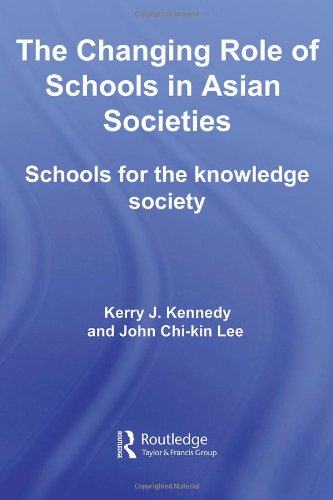

Most ebook files are in PDF format, so you can easily read them using various software such as Foxit Reader or directly on the Google Chrome browser.
Some ebook files are released by publishers in other formats such as .awz, .mobi, .epub, .fb2, etc. You may need to install specific software to read these formats on mobile/PC, such as Calibre.
Please read the tutorial at this link: https://ebookbell.com/faq
We offer FREE conversion to the popular formats you request; however, this may take some time. Therefore, right after payment, please email us, and we will try to provide the service as quickly as possible.
For some exceptional file formats or broken links (if any), please refrain from opening any disputes. Instead, email us first, and we will try to assist within a maximum of 6 hours.
EbookBell Team

4.3
68 reviewsWalk into a classroom in Tokyo, New York, London or Rotterdam, and the similarities in structure, activity, purpose and style will outweigh differences in language, dress and ethnic characteristics. Learning is regulated and rationed, teaching is a process or one-way transmission of knowledge, students need to be docile and conformist, assessment needs to sift and sort the bright from the not-so-bright, and rewards will be given to those who successfully negotiate this regime. But are these the kinds of places that can meet the needs of the ‘net generation’?
The Changing Role of Schools in Asian Societies
is concerned with the debate about the nature of modern schooling in Asia. Traditionally schools are historical constructions reflecting the social, economic and political needs of the societies that invest in them. As Asia faces the challenges posed by the ‘knowledge economy’, its schools have taken on a new and quite different importance. This informative book outlines the broad policy contexts in which these transformations are taking place and the practical strategies that are needed to meet this objective.The authors argue that the future of Asian societies depends on a transformation that requires a fundamental restructuring of schools as we know them while maintaining their long-held cultural values. This valuable insight:
It should be of interest to all those working in education policy and comparative education.